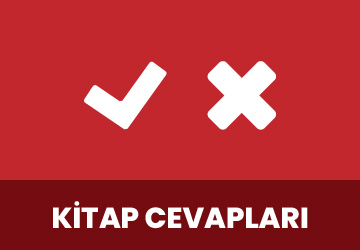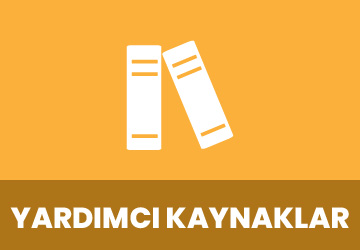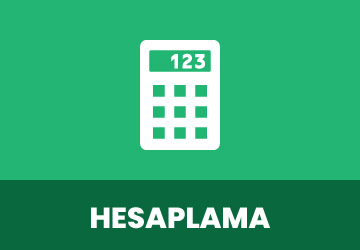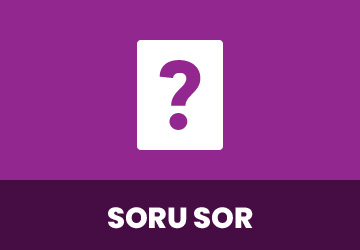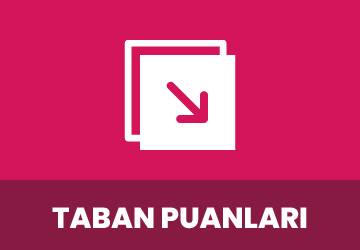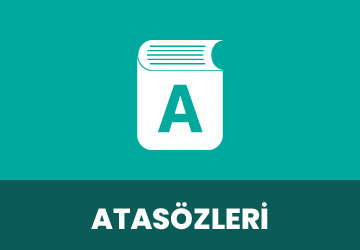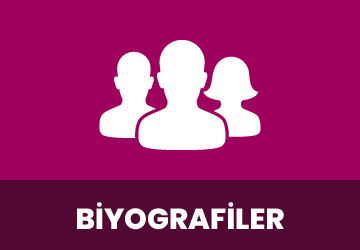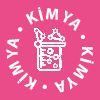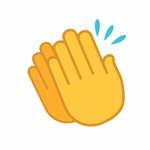
6. Sınıf İngilizce Ders Materyali 2. Alternatif Kitabı Cevapları Sayfa 56


6. Sınıf İngilizce Ders Materyali Kitabı 2. Alternatif Sayfa 56 Cevapları Meb Yayınları‘na ulaşabilmek ve dersinizi kolayca yapabilmek için aşağıdaki yayınımızı mutlaka inceleyiniz.
6. Sınıf İngilizce Ders Materyali Kitabı 2. Alternatif Cevapları Sayfa 56
Lead In
a. What are some of your habits? Do you think you have any unhealthy habits? b. Do you think it is difficult to change one’s habit? Read the article Pedro shared for you and ansıuer the question. 1. Suppose that you want to change some of your habits. Do you think this article can help you to achieve your goal? I’m Pedro. I’m from France, but I’m living uuith my cousin in London this year. I have some routines in a day. I wake up at 11:30 a.m., drink coffee, eat breakfast, check email and then uork on my most important things as I’m doing nou. But I uant to change my routines these days. First of all, I uant to change my uake-up time. I am used to staying up late. But I am gradually changing that to uake up early. I love the idea of having a solid morning routine and uaking up into a clear-minded, active, and productive day. If your habits aren’t uorking, make gradual, consistent and beneficial change starting this article by Charles Duhigg. I believe it uill uork.
Oct. 18, 2016 By Charles Duhigg
1- When do you wake up? What do you do first? Do you have a shower, check your email? Salad or hamburger for lunch? When do you get home, do you put on your sneakers and go for a run, or eat dinner in front of the television?Most of the choices we make each day may feel like the products of well-considered decision making, but they’re not. They’re habits. For example, lt’s 9 a.m. now and my mother Samantha is exercising in the garden, though she is eighty years old and I’m working on this article. I mean, though each habit means relatively little on its own, over time, the meals we eat, how we spend our evenings, and how often we exercise have impacts. The patterns you are establishing now will impact your health, productivity, financial security and happiness for decades. How much money you make, how much time you spend with your friends and family, how well your body functions years from now – all of these, in many ways, are products of the habits you are building today.2- And in the last decade, our understanding of the neurology of habit formation has been transformed. We’ve learned how habits form – and why they are so hard to break. We now know how to create good habits and change bad ones like never before. At the core of every habit is a neurological loop with three parts: A cue, a routine and a reward. To understand how to create habits – such as exercise habits – you must learn to establish the right cues and rewards as my mother did years ago.3- lf you want to start running each morning, it’s essential that you choose a simple cue (like always lacing up your sneakers before breakfast or always going for a run at the same time of day) and a clear reward (like a sense of accomplishment from recording your miles, or the endorphin rush you get from a jog). But countless studies have shown that, at first, the rewards inherent in exercise aren’t enough. So, to teach your brain to associate exercise with a reward, you need to give yourself something you really enjoy – like a small piece of chocolate – after your workout. The goal here is not to loose weight, but to train your brain to associate a certain cue (“lt’s 5 o’clock”) with a routine (“Three miles down!”) and a reward (“Chocolate!”).Eventually, your brain will start expecting the reward inherent in exercise (“lt’s 5 o’clock. Three miles down! Endorphin rush!”), and you won’t need the chocolate anymore. ln fact, you won’t even want it. But until your neurology learns to enjoy those endorphins and the other rewards inherent in exercise, you need to jump-start the process. And then, over time, it will become automatic to lace up your jogging shoes each morning. You won’t want the chocolate anymore.
- Cevap:
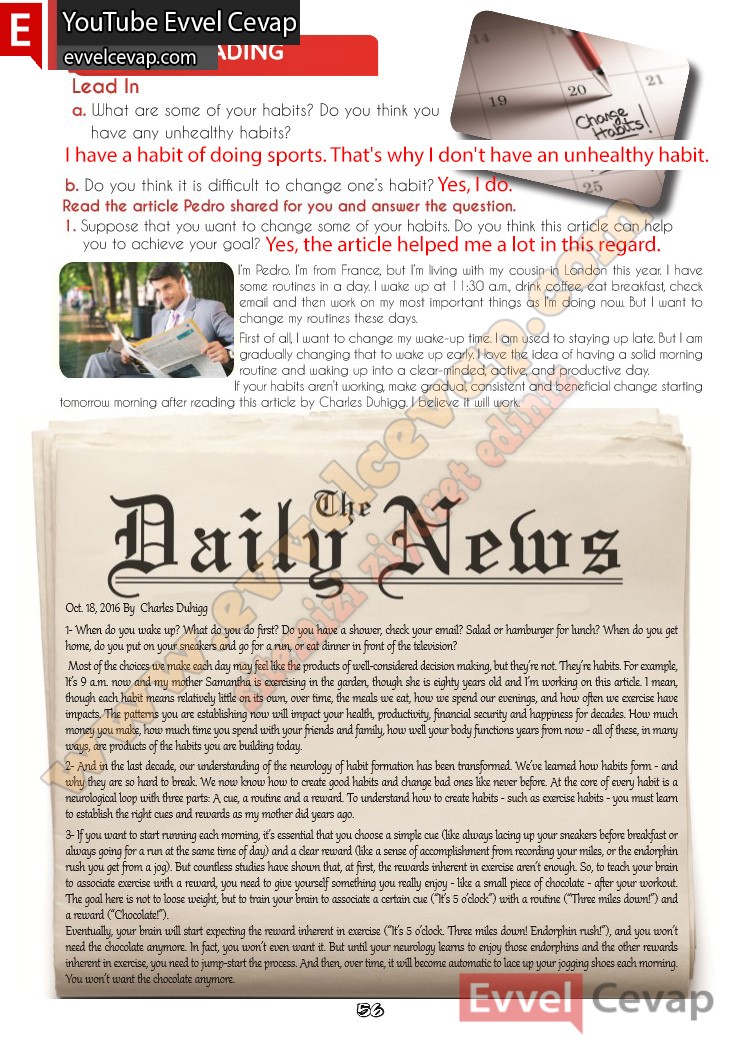
6. Sınıf Meb Yayınları İngilizce Ders Materyali 2. Alternatif Sayfa 56 Cevabı ile ilgili aşağıda bulunan emojileri kullanarak duygularınızı belirtebilir aynı zamanda sosyal medyada paylaşarak bizlere katkıda bulunabilirsiniz.

